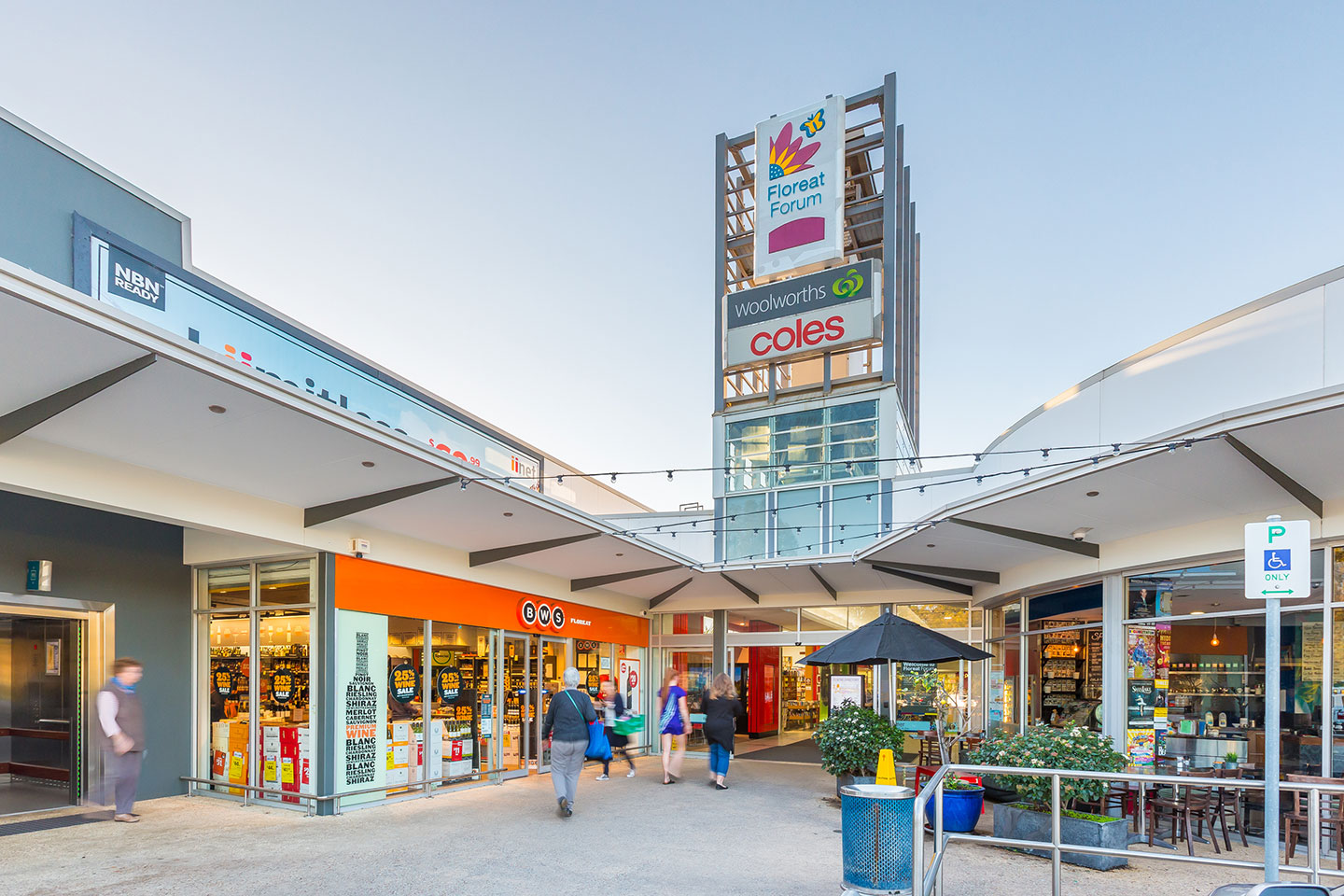The retail sector is showing signs of recovery following the COVID 19 emergency period according to Perth-based property investment group APIL managing director Peter Hughes, who says the company is now actively casting an eye over retail properties to add to its already strong retail portfolio.


APIL targets properties with capital growth potential such as large-format retail centres and suburban neighbourhood shopping centres in strategic locations throughout Australia.
From its beginnings in 2001, the company has established 28 property syndicates with more than 300 commercial tenancies across Australia with a combined value of more than $1billion. It manages more than 1,000 investors made up of individuals, companies, self-managed super funds and trusts.
APIL has in its portfolio such iconic Perth centres as Joondalup Gate, Flinders Square, Byford Market Place, Carine Glades Shopping Centre and Floreat Forum.
Mr Hughes says there’s no doubt that nationally the retail sector took a major hit in the pandemic with mandated shop closures and enforced restrictions but APIL’s retail portfolio has weathered the storm quite well because of two main factors.
Firstly, he says all of our retail properties are either in Perth or Brisbane, the two capital cities to have endured the pandemic better than most other cities and secondly, the majority of our retail shopping centres are neighbourhood shopping centres underpinned by strong performing Coles and Woolworths supermarkets with a focus on creating a convenient shopping experience for consumers.
“Retail is proving to be robust with new businesses taking up premises that have been offered-up by departing businesses succumbing to new shopping trends. These new businesses are in the services sector, personal grooming, food and beverage, health and wellbeing,” he says.
“With restrictions on travel, shoppers now find that they have surplus cash, and they are spending it on themselves particularly in personal grooming, food offerings or choosing to redecorate their homes.”
“At Joondalup Gate for example, which is one of our biggest retail centres, we’re in advanced negotiations with a fitness group to occupy nearly 2,000 square metres.”
“Floreat Forum has also seen renewed leasing intertest with two new restaurants to join the Outdoor Forum Restaurant Precinct. This is on the back of recently finalising agreements with Go Swimming, Kumon Education and a Ministerial Office for the Local Member of Parliament.”
Research shows large-format retailers specialising in homewares and furniture like Harvey Norman, Spotlight and Amart performed strongly in Perth and Brisbane with rents remaining fairly stable over the pandemic period.
Mr Hughes says COVID-19 created a “nesting” effect, driving increased consumer demand for household goods. Consumers took the lockdown opportunity to redirect their surplus cash to upgrade their homes which resulted in increased patronage to Large Format Centres such as APIL’s Freedom Lifestyle Centre, Capalaba, 5 Clayton Street, Midland and Joondalup Gate. The “convenience” factor was paramount in consumer’s destination of choice.
“You get in your car and drive specifically to the larger retailer to make your purchase. It’s safe, easy and convenient – you pull up in your car right out the front of the premises,” he explains.
Future retail acquisitions will follow our successful model of convenience-based neighbourhood properties with fewer specialties and precinct-based large format centres underpinned by strong national retailers.”
“JLL research backs this; it shows neighbourhood properties with fewer specialities have outperformed the sector with the easing of COVID-19 restrictions.”
“Staff working from home have been frequenting their local shopping centres, as opposed to the major CBD and regional centres.”
“JLL data also supports this, with turnover accelerating by 6.2 percent for both food retailing nationally and WA’s household goods categories.”
“This indicates people are spending more time at home, rather than being out and about.”
At just $50,000 APIL has a low minimum investment to participate in a property investment trust, meaning investors can spread their risk by investing in multiple syndicates across different locations and sectors.”
Mr Hughes says a low threshold to invest gives almost everyone a chance to participate in assets well beyond their personal scope for investing.














